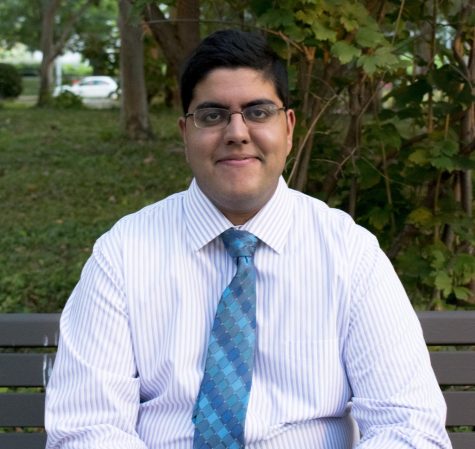Fifth-year graduate student finds client-therapist relationship crucial in treatment in PTSD
December 8, 2013
Stephanie Keller, a fifth-year graduate student, was one of the researchers on a recent project studying how disruptions in the relationships between a therapist and a client can harm the client’s treatment. The breakages, termed “ruptures,” can occur when the therapist and client disagree about the progress of the treatment or how to proceed further.
Many times the process of therapy can involve visiting a location that a client has an adverse reaction because of trauma they have suffered. The activities are discussed in a session beforehand, where the therapist and client agree on a task.
Keller explained, “They troubleshoot. So they talk about when [the client] is going to go and whether [they] will go alone or with someone. What are [they] going to do if [they] don’t want to go.”
However, if the client and therapist disagree on the proper course of action, a rupture occurs, and the client and therapist become distant. At the same time, if the therapist and client come to an agreement and form a stronger relationship, they can repair the rupture.
The study found that treatments that didn’t have a rupture or had a repaired rupture fared better than those whose ruptures remained. About 28 percent of the therapies contained a repaired rupture and 18 percent contained a rupture that wasn’t repaired.
The study took place at the university’s own psychology clinic, where Keller is the coordinator. The group found potential clients by advertising and offering free treatment as an incentive to join the study. Each therapy consisted of 10 sessions with meetings taking place about once a week.
In order to collect data on therapy, the researchers had each client fill out a short questionnaire.
Each of these forms was then scored based how the responses reflected the strength of the relationship. A certain change detected in the forms between sessions indicated a rupture or the repair of rupture.
Keller has been at Case Western Reserve University for a long time, as she did her undergraduate studies at the university, too. By senior year, she had figured out what she wanted to do when she graduated in 2008 with a bachelors degree in biology and psychology. Instead of jumping straight into graduate school, she took a year off and moved to Seattle to work at the University of Washington. There, she conducted another PTSD research in that university’s Department of Psychology. She enjoyed the experience in Seattle, but also wanted to come back to CWRU’s campus, having relished in her undergraduate research experience here.
Currently, she’s working on a new study that compares the treatment of PTSD with only therapy, or a combination of medicine and therapy. Additionally, she’s applying for internships.
She hopes to work at an academic medical center or a VA hospital. After her internship she’ll be licensed and receive her PhD.


